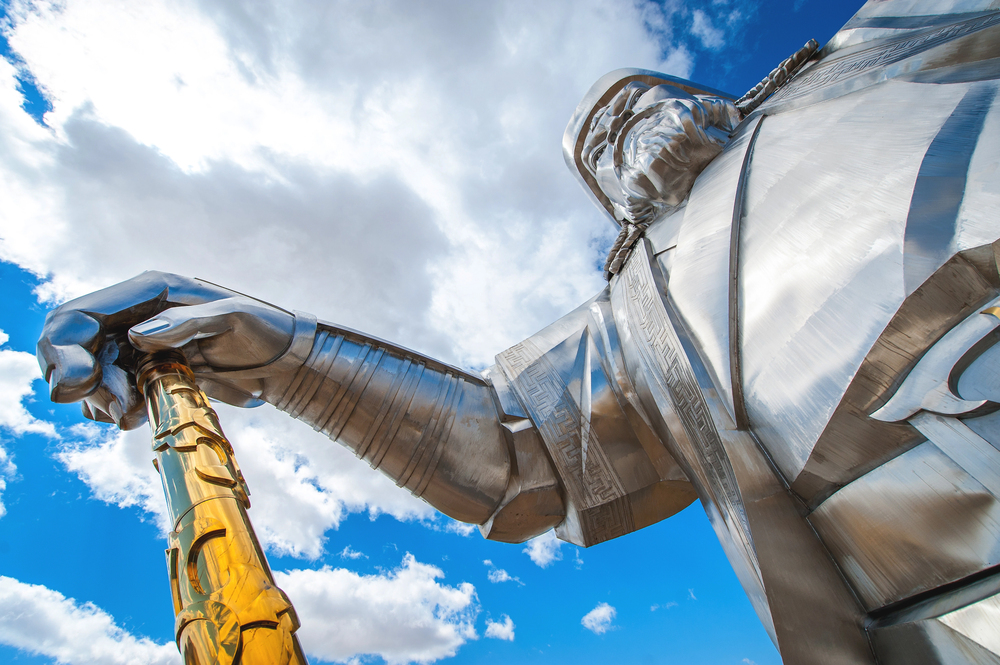5 Ancient Civilizations That Revolutionized Modern Life
Gabriel Watts
2025-10-18
6 min read

Human innovation isn’t a product of the modern age. The foundation of much of what we consider “civilized” today was laid thousands of years ago by ancient civilizations. Their technological advancements, philosophical breakthroughs, and cultural contributions continue to shape the world we live in. Here, we explore five extraordinary ancient civilizations that revolutionized modern life, highlighting their lasting impact on society.
Ancient Mesopotamia The Cradle of Civilization
Often referred to as the “Cradle of Civilization,” Mesopotamia set the stage for the development of complex societies. Nestled between the Tigris and Euphrates rivers, this region gave birth to some of the world’s earliest cities, such as Uruk and Babylon.
Key Contributions:
Mesopotamia’s most notable innovations include the invention of writing and the concept of the city. The cuneiform script, developed by the Sumerians around 3100 BCE, was one of the earliest systems of writing and laid the groundwork for recorded history, literature, and governance. Additionally, the Code of Hammurabi from Babylon is one of the first known legal systems, introducing laws to regulate society. Agriculture also flourished in Mesopotamia, thanks to the development of irrigation systems. These techniques not only made farming more efficient but also supported a growing population. Trade routes established by Mesopotamians facilitated the exchange of goods and ideas, shaping a more interconnected world.
Ancient Egypt Mastery of Architecture and Medicine
The civilization that built the Great Pyramids of Giza remains a symbol of human ingenuity. Ancient Egypt, located along the Nile River, thrived for thousands of years and made significant contributions to science, art, and governance.
Transformative Contributions:
Egyptians mastered architectural techniques that modern engineers still marvel at today. The construction of massive pyramids and temples required advanced understanding of mathematics and physics. These structures were not only religious monuments but also symbols of political power. Medicine was another area where the Egyptians excelled. They developed surgical tools, documented medical procedures, and practiced embalming to preserve bodies. These practices laid the groundwork for modern medicine and anatomy. Additionally, the ancient Egyptians perfected a calendar system based on the sun, with a 365-day cycle that closely resembles the one we use today.
Ancient Greece Philosophy and Democracy
The ancient Greeks are perhaps most renowned for their revolutionary ideas in philosophy, politics, and the arts. Flourishing between the 8th century BCE and the 6th century CE, Greece became a hub of intellectual thought and cultural achievements.
Pioneering Concepts:
Democracy, a political system rooted in the idea of rule by the people, was born in ancient Athens. Though not as inclusive as modern democracies, the Athenian model introduced the idea that ordinary citizens could have a say in governance. Philosophy also flourished in Greece, with thinkers such as Socrates, Plato, and Aristotle questioning the nature of existence, ethics, and logic. Their philosophical frameworks continue to influence contemporary education, science, and moral philosophy. The Greeks also made enduring contributions to the arts and sciences, from the architectural brilliance of the Parthenon to mathematical principles established by Pythagoras and Euclid.

Ancient India Innovations in Mathematics and Spirituality
Ancient India’s contributions to the modern world are often underappreciated, yet they are profoundly significant. Spanning thousands of years, Indian civilization developed groundbreaking advancements in mathematics, medicine, and spirituality.
Enduring Legacy:
One of the most impactful contributions of ancient India is the concept of zero, which revolutionized mathematics. This idea, coupled with the development of the decimal system, became foundational for modern arithmetic and computing. On a spiritual level, ancient India introduced philosophies and practices that continue to influence millions worldwide. Yoga and meditation originated here, offering methods for mental wellness and stress relief that are as relevant today as they were millennia ago. The Ayurveda, an ancient system of medicine, emphasized holistic wellness and preventive care. Many of its principles are echoed in modern alternative medicine.
Ancient China Pioneers of Innovation
Ancient China, with its vast and diverse history, was a cradle of technological and cultural innovation. Spanning multiple dynasties over millennia, its contributions shaped not only the East but also eventually the global stage.
Unmatched Advancements:
The Chinese were responsible for some of the most crucial inventions in history, including paper, gunpowder, the compass, and printing technology. These “Four Great Inventions” transformed communication, warfare, navigation, and exploration. Another remarkable contribution was the establishment of the Silk Road under the Han dynasty, which facilitated trade and cultural exchange between East and West. Goods, ideas, and technologies traveled this network, fostering global connections. Ancient Chinese philosophy also left an indelible mark. Confucianism and Taoism provided frameworks for governance, ethics, and personal well-being that are still studied and practiced today.
Lessons From Ancient Civilizations
These ancient civilizations remind us that innovation is not confined to any single era. Their breakthroughs in governance, science, agriculture, and arts built the foundation for much of what we enjoy today. From the Mesopotamians’ invention of writing to China’s groundbreaking technological advancements, it’s clear that the past holds the keys to understanding and shaping the future. Whether you’re marveling at the strategic brilliance of the Greeks or meditating with practices from ancient India, these civilizations offer lessons in adaptability, curiosity, and resilience.



